As a responsible pet owner in the UK, it’s essential to understand the legal obligations and rights that come with caring for your furry friends. This guide will help you navigate the complexities of pet ownership, ensuring you and your pet stay out of legal trouble.
1. Dog Bites and the Dangerous Dogs Act

If your dog bites someone, you could face severe penalties under the Dangerous Dogs Act 1991, including unlimited fines and up to 5 years in prison. Even if your dog doesn’t cause injury but someone feels threatened, you could still be prosecuted. Always keep your dog under control in public.
2. Control of Dogs Order 1992
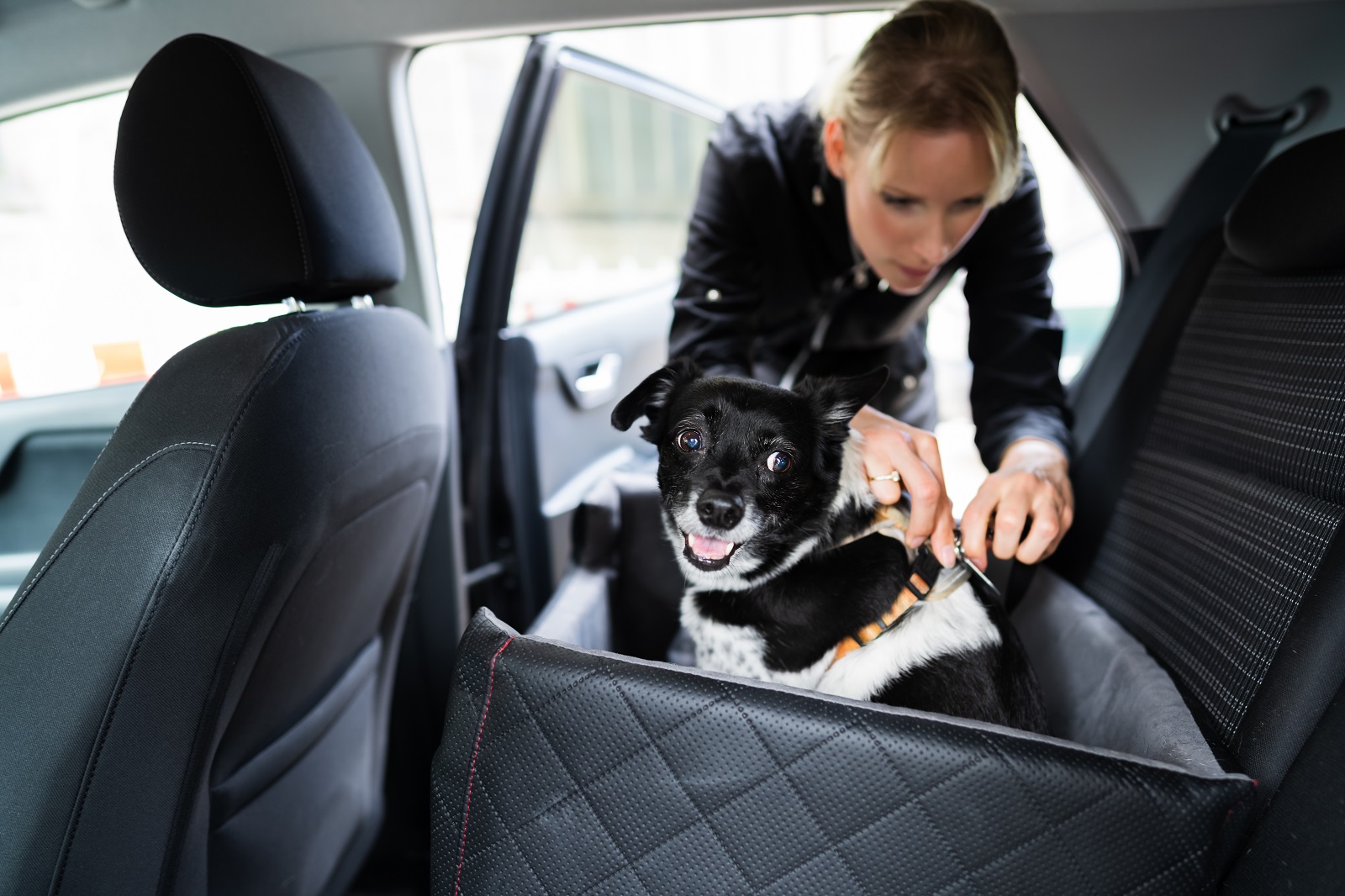
By law, every dog in a public place must wear a collar with the owner’s name and address. Failure to comply can result in a fine of up to £5,000. Make sure your dog is always properly identified.
3. Custody Battles Over Pets in Divorce

In the event of a divorce or separation, pets are legally considered personal property. This means custody is often awarded based on who purchased and financially supported the pet. Be prepared for potential disputes and consider a prenuptial agreement for pet custody.
4. Dog-on-Dog Attacks

If your dog attacks another dog, you can be held liable under the Dangerous Dogs Act. Owners can face civil claims for veterinary costs and may be required to keep their dog muzzled or on a lead in public. Report any incidents to the police and local dog warden.
5. Dog Theft

Dog theft is a growing problem, with over 2,000 dogs reported stolen annually. Microchipping your dog, using GPS trackers, and not leaving them unattended can reduce the risk of theft. If your dog is stolen, report it to the police and the microchip database.
6. Microchipping Requirements
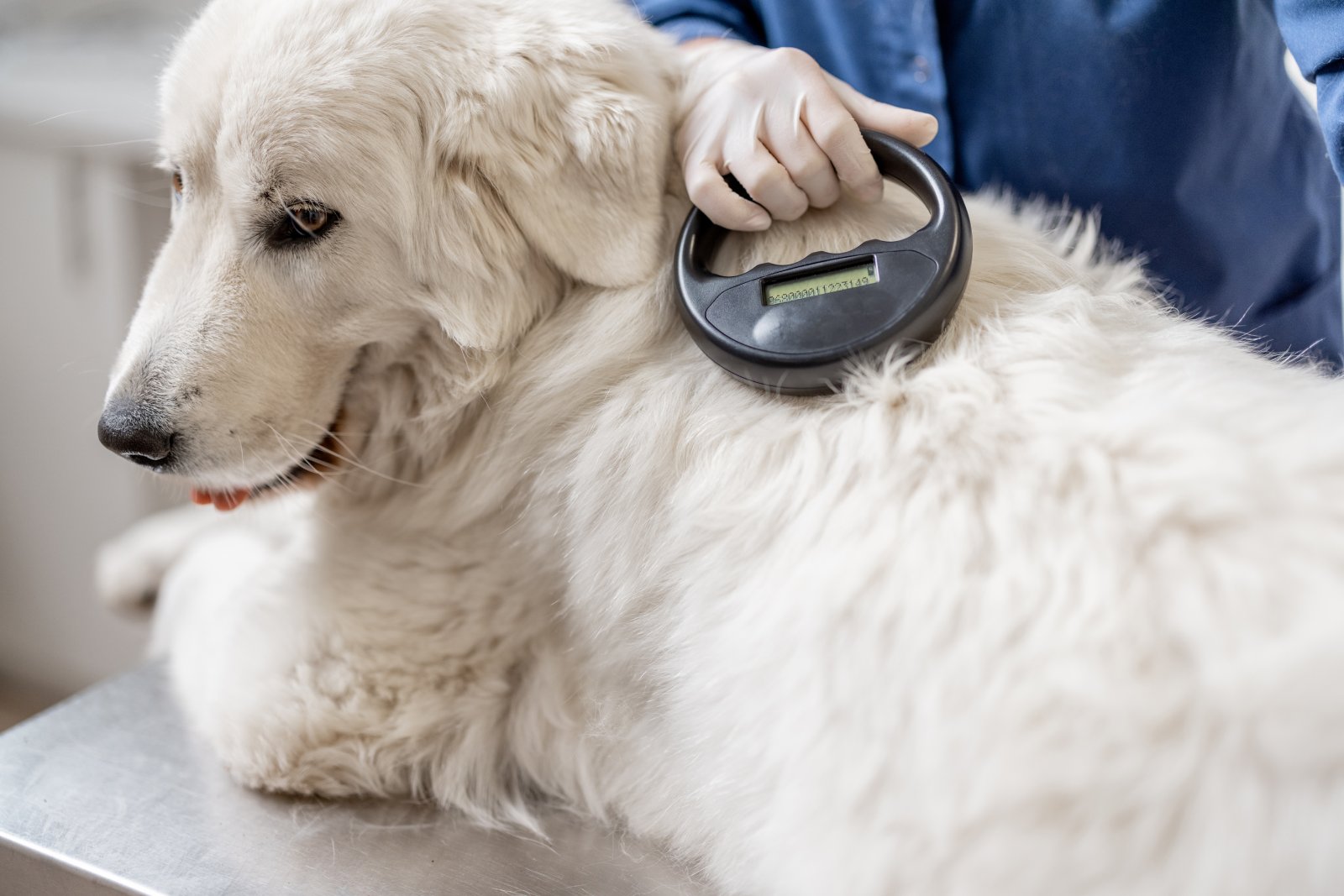
Since April 2016, it’s mandatory to microchip all dogs in the UK. Failure to microchip your dog can result in a £500 fine. Ensure your contact details are up to date with the microchip database.
7. Pet Nuisance Complaints

Excessive barking, fouling, and other nuisances can lead to complaints from neighbours and possible legal action. Local councils can issue Community Protection Notices (CPNs) to address persistent problems. Train your dog to minimise nuisance behaviours.
8. Injuries to Assistance Dogs
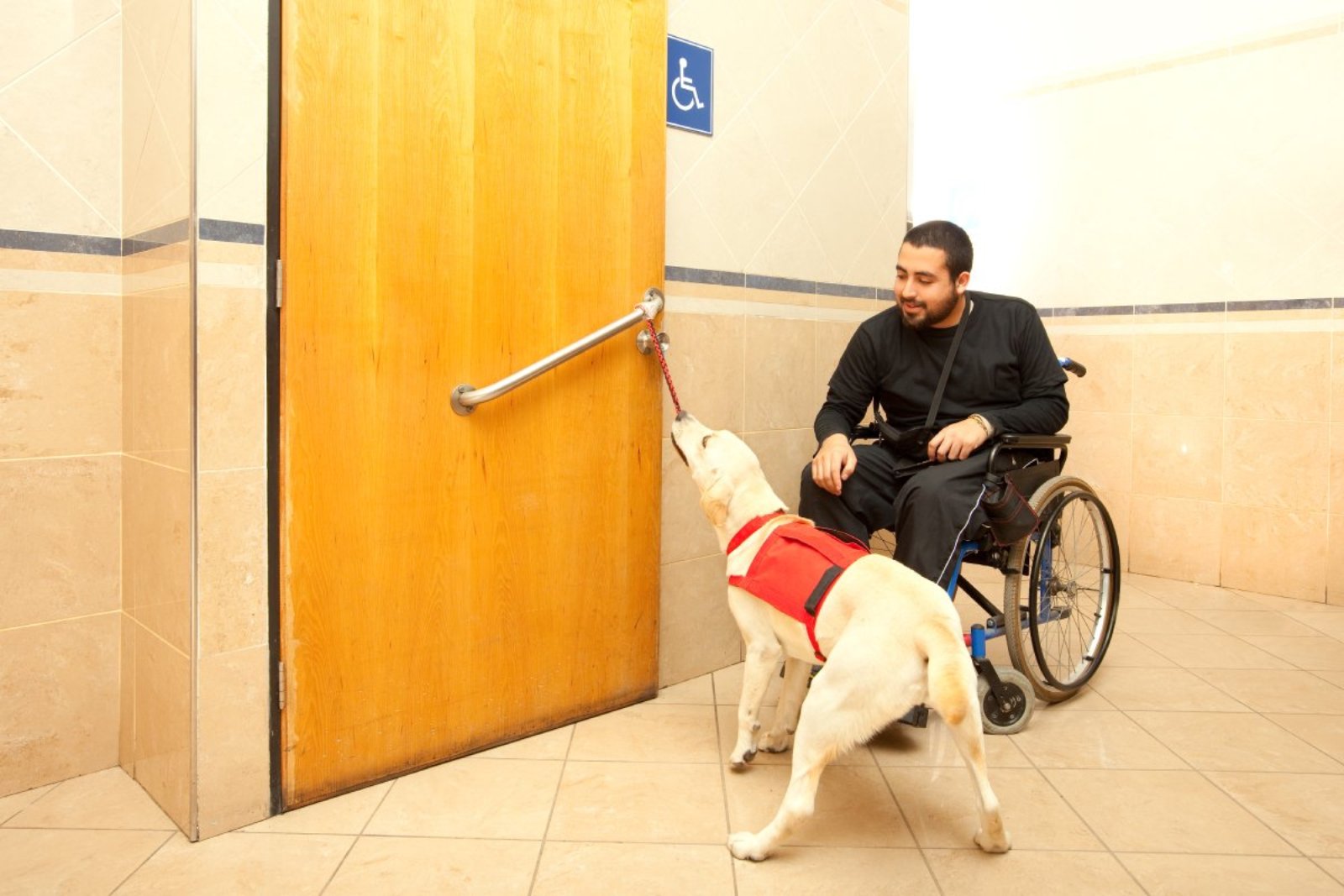
If your dog injures an assistance dog, you could face up to 3 years in prison and a fine. Assistance dogs are protected under strict laws due to their crucial role in aiding their owners. Always keep your dog under control around assistance animals.
9. Breed-Specific Legislation
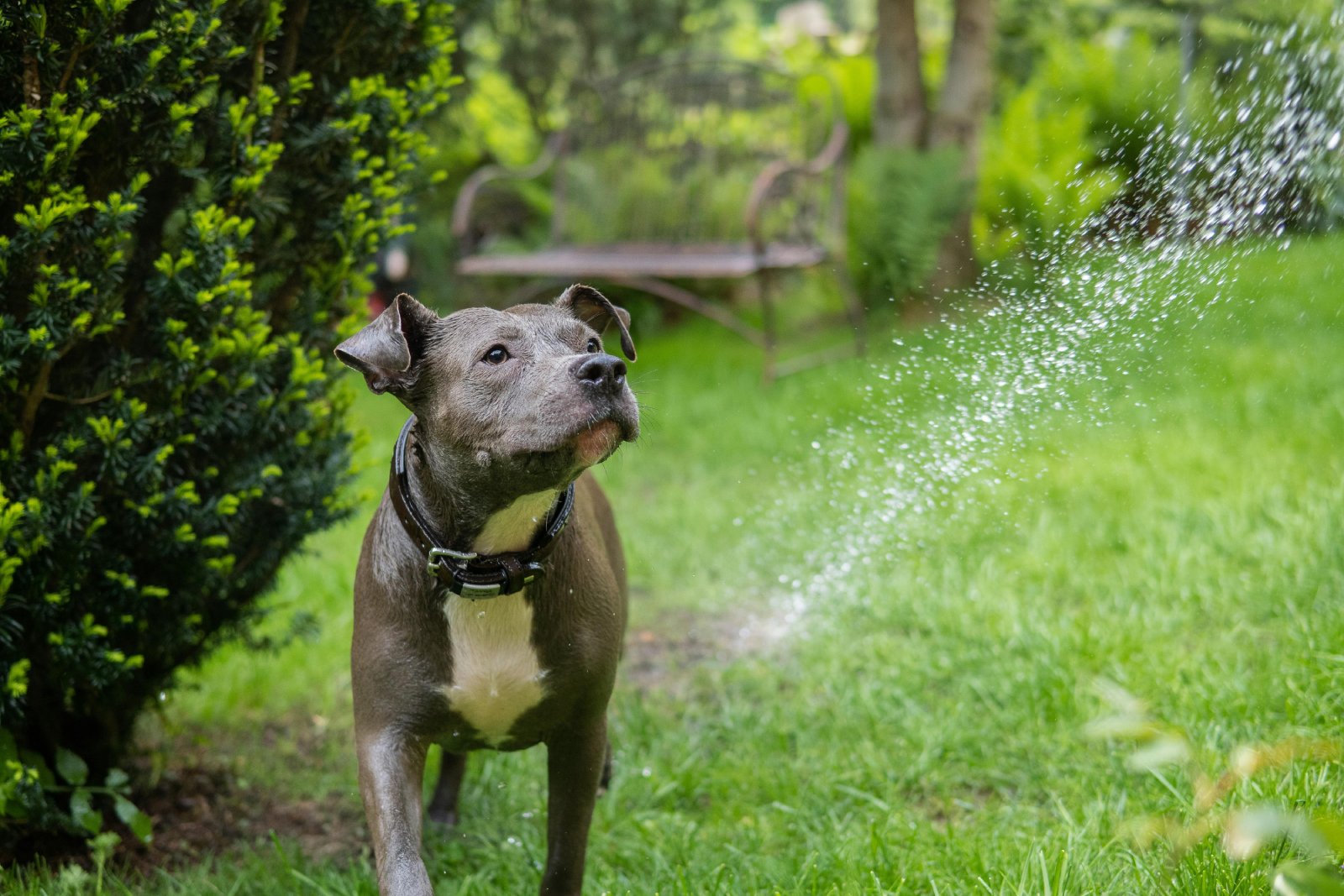
The Dangerous Dogs Act bans ownership of specific breeds, such as Pit Bull Terriers and Japanese Tosas. Owning these breeds can result in your dog being seized and destroyed, and you could face legal action. Know the law and avoid owning banned breeds.
10. Public Space Protection Orders (PSPOs)

Local councils can issue PSPOs to control dogs in public spaces, requiring them to be on leads or banning them from certain areas. Violating PSPOs can result in fines. Check local council regulations when walking your dog.
11. Dog Walker Liability

If you hire a dog walker, ensure they have proper insurance and references. You could be held liable for any incidents that occur while your dog is in their care. Verify their credentials and ask about their experience and training methods.
12. Renting with Pets
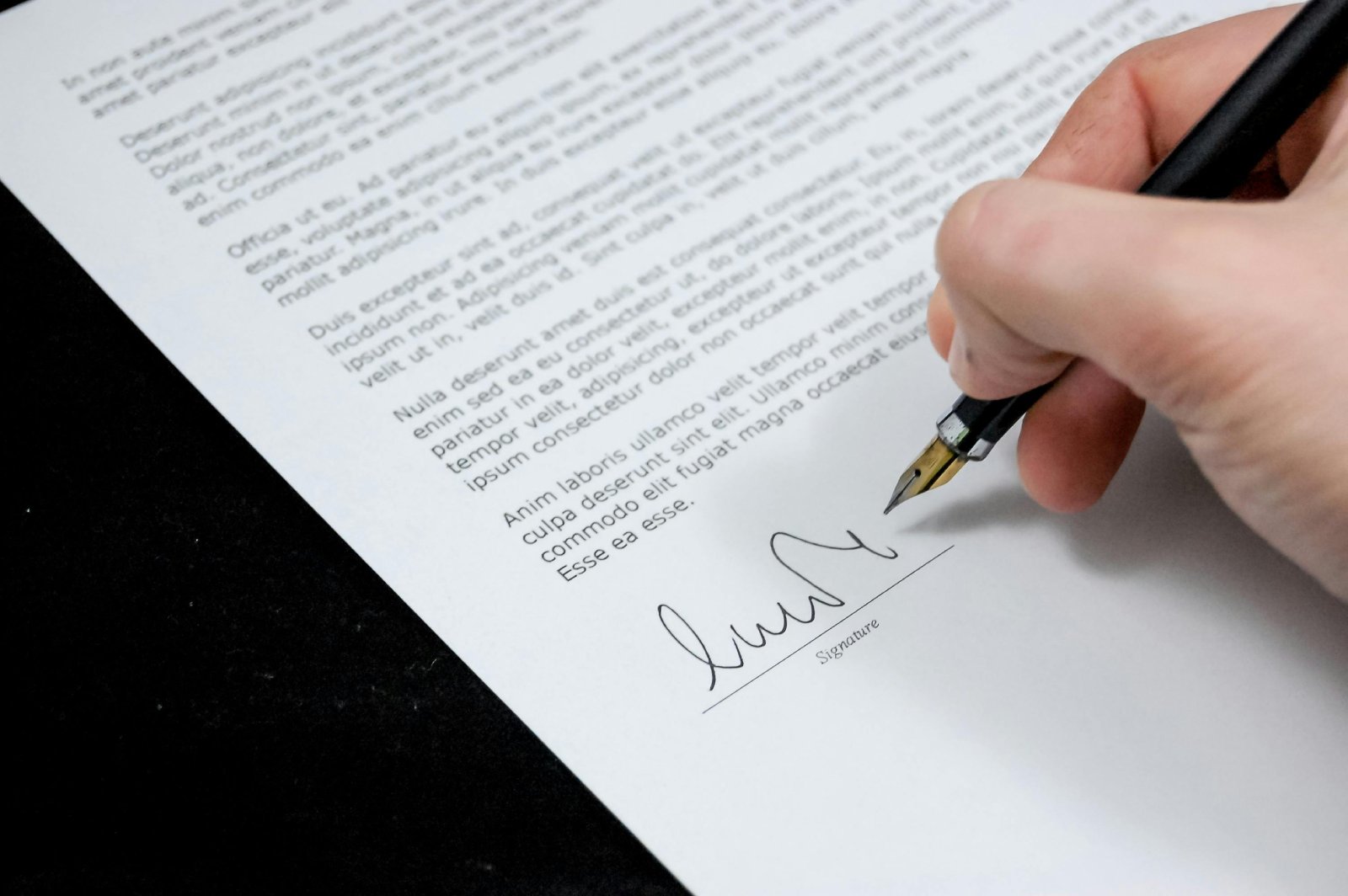
Many landlords have strict no-pet policies. Always check your tenancy agreement to ensure pets are allowed. Violating these terms can result in eviction or legal action. Negotiate with landlords and provide references for your pet’s behaviour.
13. Pet Insurance Requirements

While not legally required, pet insurance can cover veterinary costs and protect you from liability in case your pet causes damage or injury. Choose a comprehensive policy that suits your pet’s needs and your financial situation.
14. Vaccination Laws
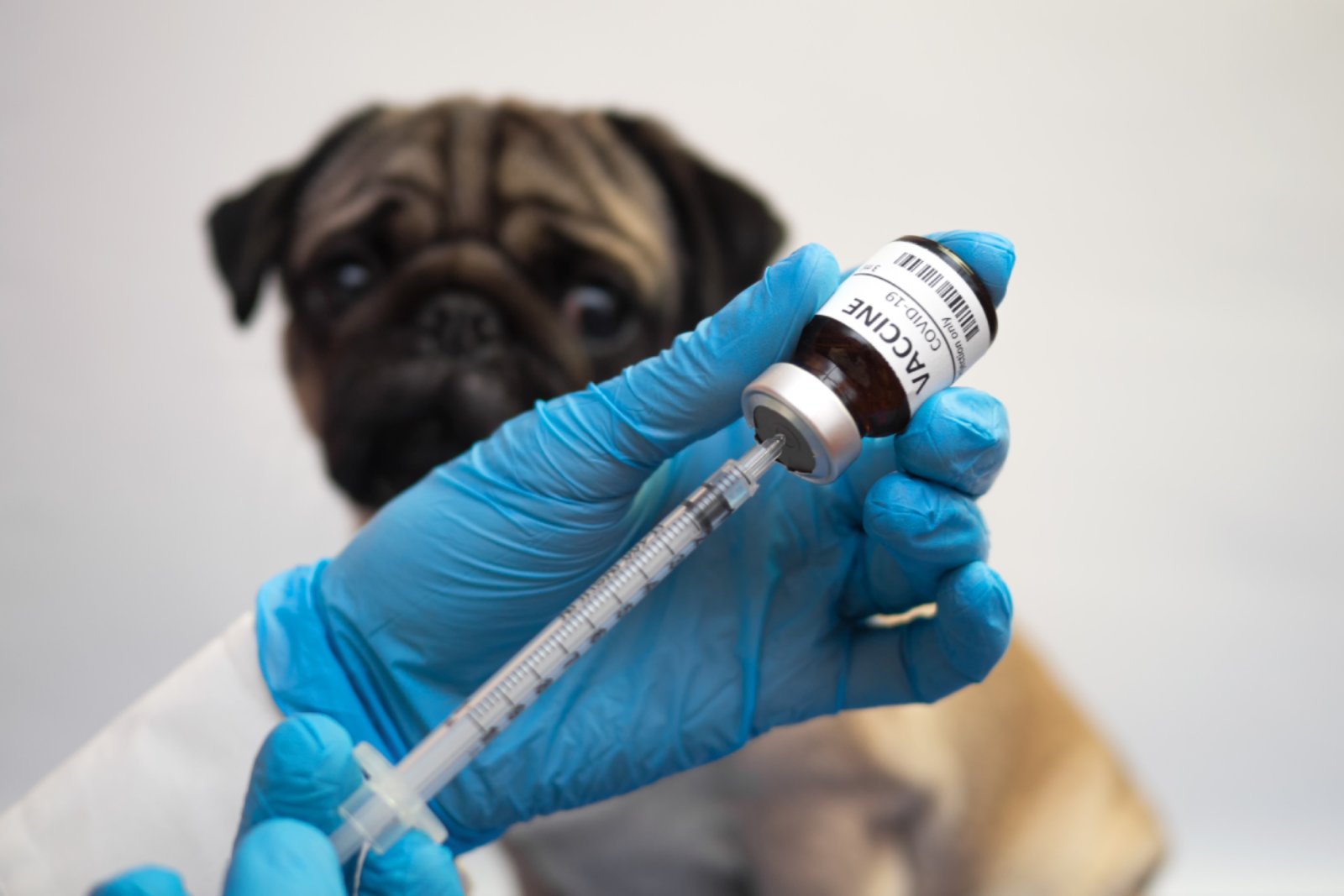
Ensure your pet’s vaccinations are up to date. Some areas and facilities, like kennels, require proof of vaccinations to prevent the spread of disease. Keep a record of your pet’s vaccination history and schedule regular vet visits.
15. Importing Pets
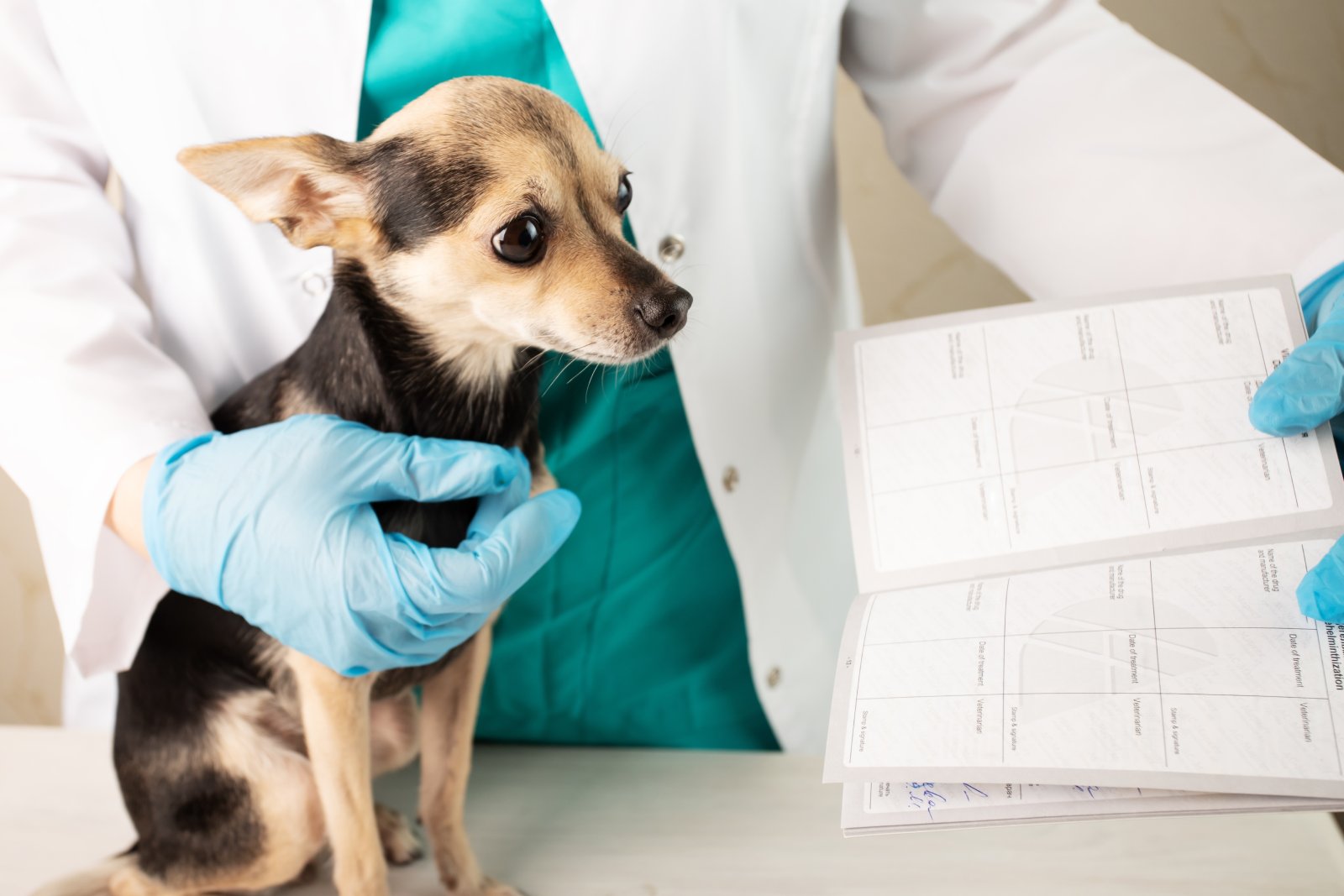
Bringing a pet into the UK involves strict regulations, including vaccinations and quarantine. Non-compliance can result in hefty fines and your pet being quarantined. Familiarise yourself with DEFRA’s guidelines before travelling with your pet.
16. Pet Breeding Regulations
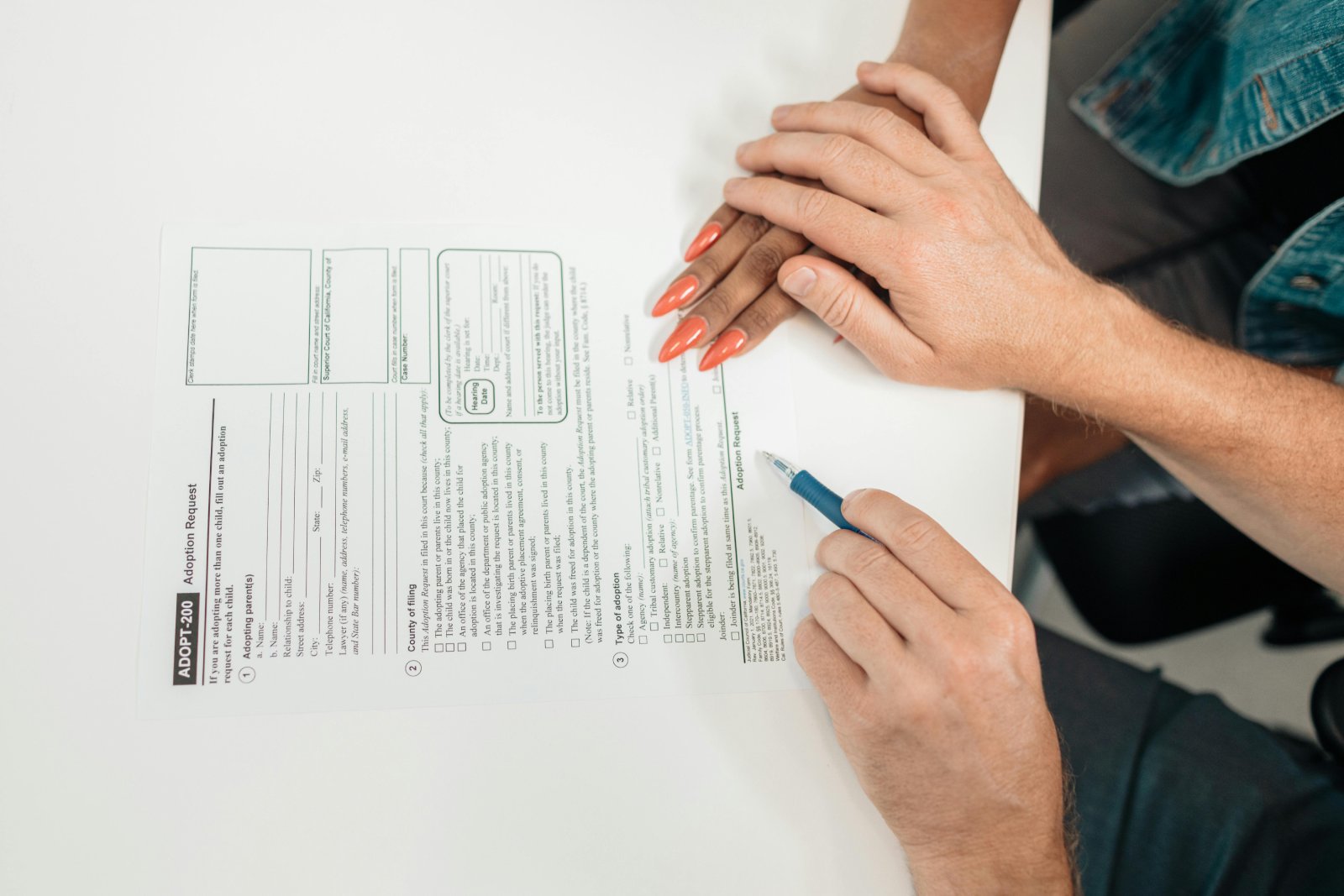
Breeding dogs for sale requires a licence from your local council. Unlicensed breeding can result in fines and bans from owning animals. Ensure your breeding practices meet welfare standards and obtain the necessary licences.
17. Sale of Pets

Selling pets requires adherence to strict welfare standards. Improper sale practices can lead to fines and legal action. Only sell pets through reputable channels and provide buyers with accurate health and vaccination records.
18. Stray Dog Laws
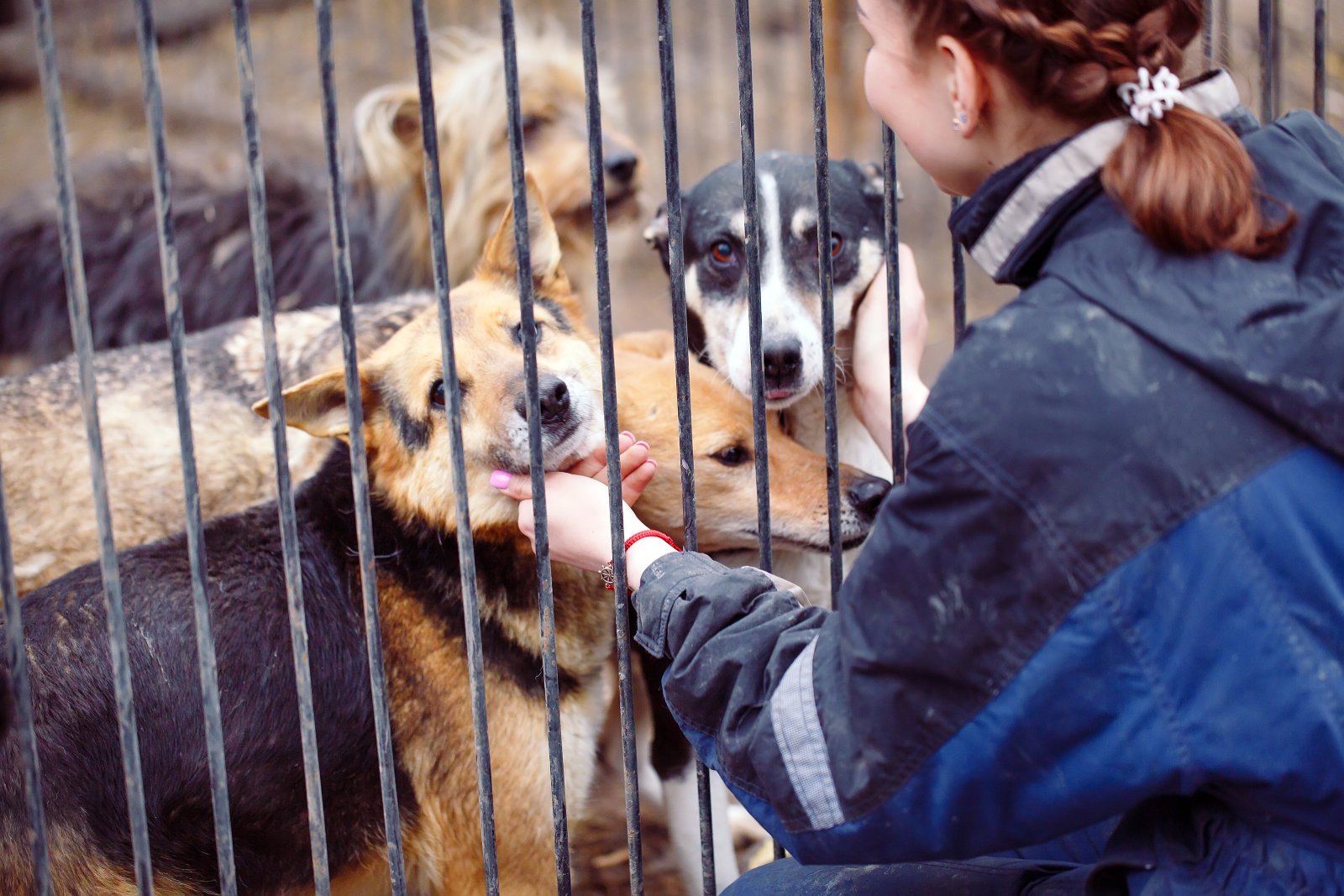
If your dog strays, you could be fined or your dog could be seized. Always keep your dog secure and ensure they are identified with a collar and microchip. Report lost dogs to local authorities immediately.
19. Pet Transport Laws

Transporting pets requires them to be secured safely, such as using seat belts or crates. Failure to do so can result in fines and put your pet at risk of injury. Use appropriate restraints to ensure your pet’s safety during travel.
20. Animal Cruelty Laws

Animal cruelty laws are stringent, with severe penalties including imprisonment. Ensure your pet’s welfare is always a top priority, providing them with adequate food, shelter, and medical care. Report any suspected cruelty to the RSPCA or local authorities.
Are You Prepared?

Navigating the legal landscape of pet ownership in the UK can be daunting, but staying informed is crucial. Are you doing enough to protect yourself and your pet? Take these steps seriously to ensure a harmonious and lawful pet ownership experience.
The post Ultimate Guide to Avoiding Legal Trouble as a UK Pet Owner: Know Your Rights Now! first appeared on PawShore.
Featured Image Credit: Shutterstock / Yta23.
For transparency, this content was partly developed with AI assistance and carefully curated by an experienced editor to be informative and ensure accuracy.

